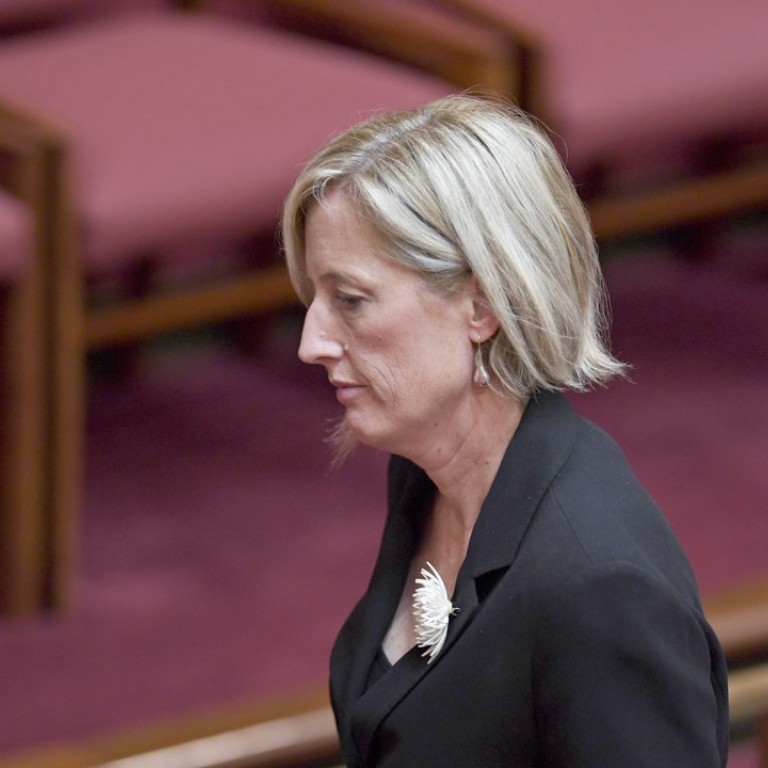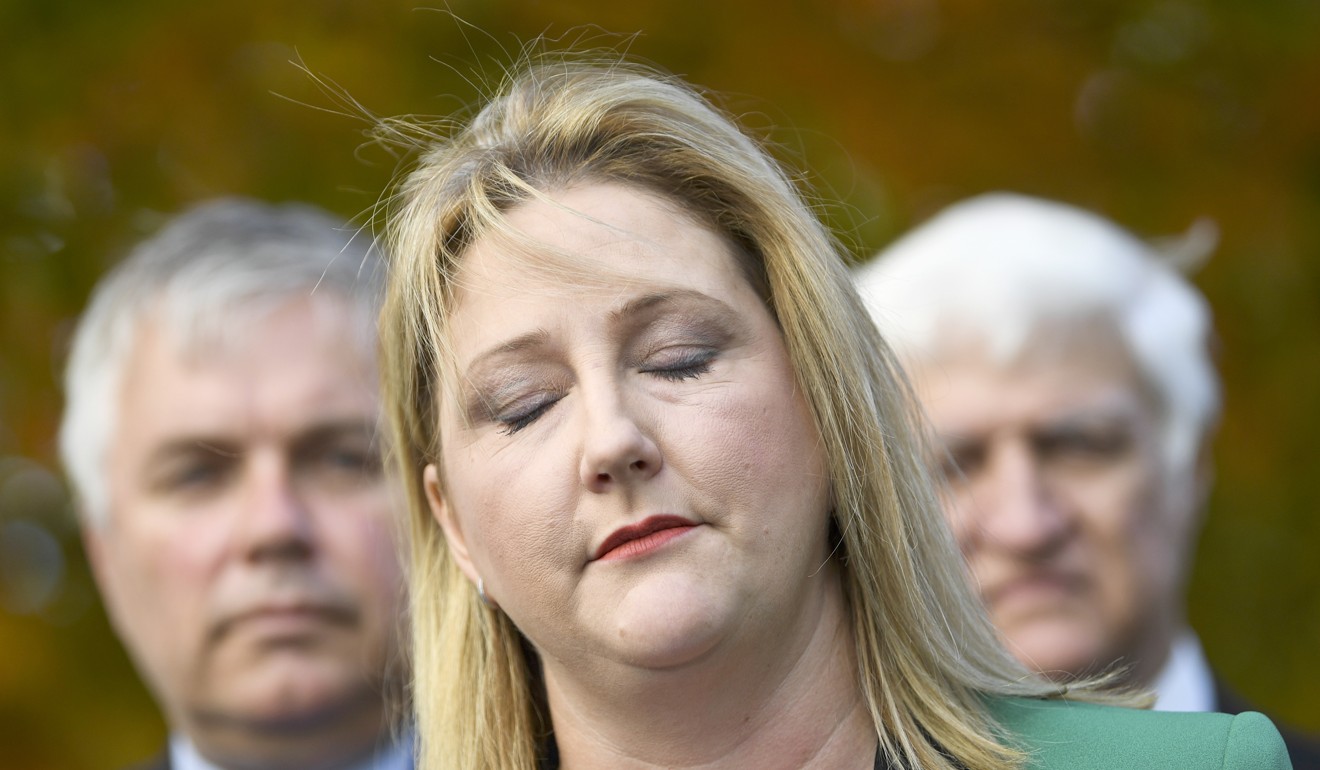
Five Australian MPs quit parliament because of a 117-year old law that bans foreigners
Australian law bans dual nationals from federal parliament
Five Australian lawmakers were forced from Parliament on Wednesday in an ongoing legal wrangle over a 117-year-old constitutional ban on dual citizens standing for election.
The by-elections that will result from the latest turmoil create opportunities for Prime Minister Malcolm Turnbull’s conservative coalition to increase its single-seat majority in the House of Representatives, where parties need a majority to govern.
But a firmer grip on power could be short-lived, with Australia facing a general election within a year and potentially as early as August.
Labor party opposition senator Katy Gallagher became a test case in the High Court in its interpretation of the ban on dual nationals being elected to Parliament. The ban had already ended the careers of nine lawmakers last year.
Gallagher had argued that although she was a dual national when elected in 2016, she had taken all reasonable steps to renounce the British citizenship she inherited from her father.
However, because the UK Home Office did not register that she was no longer a citizen until after the election, the court ruled that she was disqualified.
That decision prompted four other lawmakers in similar predicaments to Gallagher to resign, triggering by-elections for their lower-house seats.
Another Labor lawmaker also recently quit for family reasons, and a by-election for his electorate will likely be held around the same date.
Gallagher and the others are not members of Australia’s ruling centre-right coalition, therefore keeping its slender majority safe.
“By-elections are notoriously difficult things,” Nick Economou, a political scientist at Monash University in Melbourne, said.
He said the Queensland state seat of Longman, held by Labor’s Susan Lamb on a knife-edge margin until her resignation on Wednesday, was a bellwether contest.
“If Labor was to lose that, it’d be a huge fillip for Turnbull,” Economou said.
“On the other hand, if Labor was to win with an increased majority, that would be a sign that there’s a problem for the government,” he said.

Lamb said she intended to recontest her seat and Labor MPs Josh Wilson and Justine Keay, who also resigned on Wednesday, and independent member Rebekha Sharkie, said they would do likewise in their separate electorates.
Dates for the by-elections have not been set officially but could be as early as mid-June.
Gallagher, who said she was disappointed but accepted the court ruling, will be replaced by another Labor politician in the Senate.
“The High Court has adopted the strictest possible reading,” George Williams, professor and Dean of Law at the University of New South Wales in Sydney, said.
“I’m surprised by the result. I think it delivers a proposition that is unworkable … because of how hard it will be to comply with these requirements now.”
In a nation in which half the population were either born overseas or have parents who were, the dual citizenship rule has cut a swathe through the national parliament.
It has prompted the departure of 15 lawmakers and last year briefly left Turnbull’s Liberal-National coalition clinging to a minority government.
Associated Press, Reuters
